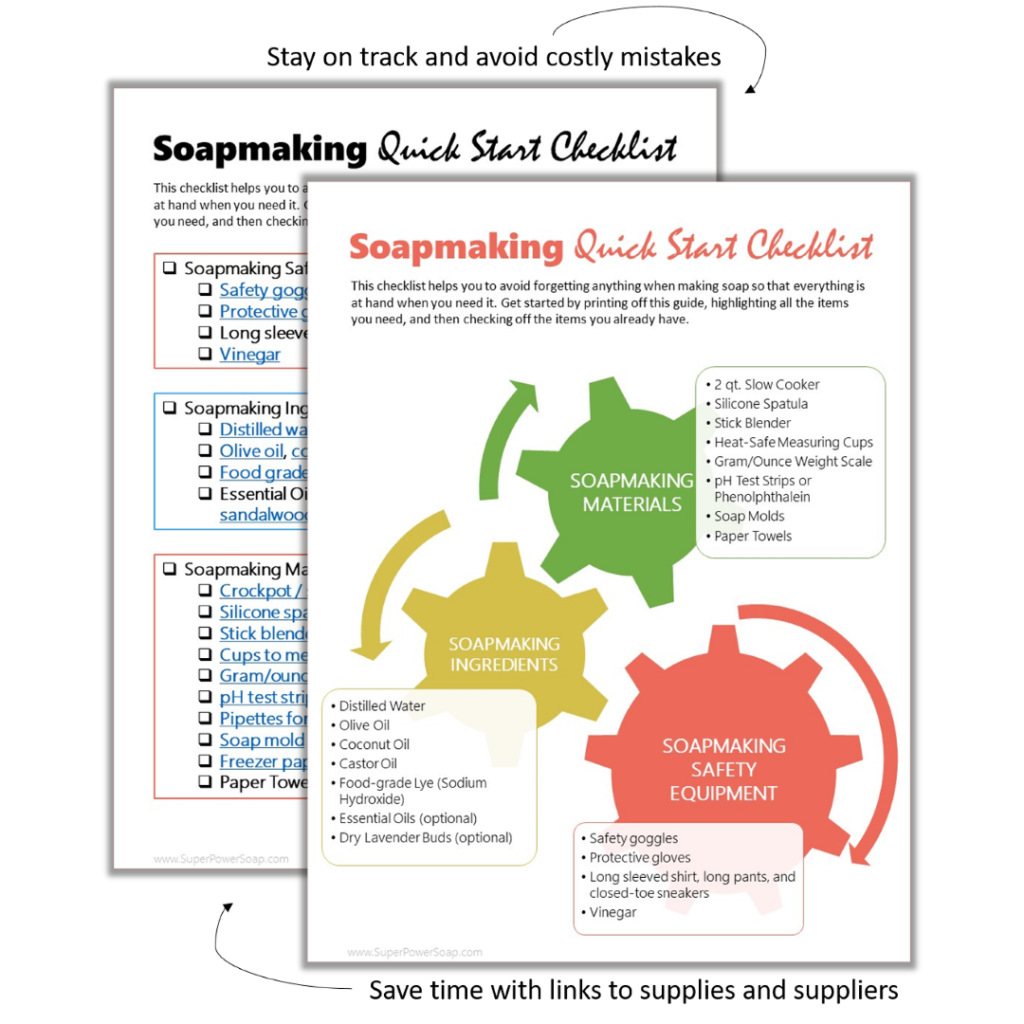As I prepare to start my small garden, I can’t help but think about the challenges of keeping plants healthy.
I’ve heard friends mention using soapy water to tackle pesky insects or even remove unexpected messes, like salad dressing—yes, it happens!
This blog post is my quest for answers. I want to figure out if using soapy water on plants is a good idea and what considerations go into that.
Let’s dive into the soapy world of plant care!
Why Use Soapy Water on Plants?
Pest Control
Many gardeners swear by soapy water as an effective way to combat pests.
The soap clogs the breathing pores of insects, suffocating them. Just remember that it’s not a one-stop solution; you still have to monitor your plants for any recurring issues.
Cleaning Debris
If your plants accumulate dirt, bird droppings, or, heaven forbid, salad dressing,
soapy water acts as an excellent cleaner.
A gentle rinse can restore their luster without harsh chemicals that might cause harm.
Disease Prevention
Sometimes diseases can spread through debris or pests.
Using soapy water can help eliminate any threats, keeping your plants healthier and happier in the long run.
Choosing the Right Soap
Stay Away from Harsh Chemicals
Opt for a mild soap that lacks additives and strong fragrances.
The best types include dish soap or pure castile soap. Check the label to ensure it won’t harm your plant.
Homemade vs. Store-Bought
As a soap maker, I’m particularly curious about handcrafted soaps.
While these can be wonderful for personal use, ensure they contain no extra oils or fragrances that might irritate plants.
Instead, consider simple recipes where you know the ingredients.
Dilution Matters
When making a soapy water solution, always dilute!
A general guideline is 1-2 tablespoons of soap per gallon of water.
Test a small portion of your plant before applying it broadly to avoid any adverse reactions.
Tips for Effective Usage
Time of Day
Applying soapy water during cooler parts of the day, like early morning or late afternoon, is ideal.
This prevents the soap from drying too quickly and scorching your plants.
Rinse Off
After a few hours, it’s a good practice to rinse the plants with plain water to prevent soap buildup.
This ensures your plants do not absorb any potentially harmful residues.
Alternative Solutions
Soapy water isn’t the only option you have for pest control.
Consider introducing beneficial insects, like ladybugs, or using neem oil for a more organic approach to pest management.
Conclusion
As I get ready to embark on my gardening adventure, I’ve learned that soapy water can indeed be a valuable asset for keeping plants healthy.
It can help fight insects, clean debris, and even prevent disease—if used correctly!
Just remember to choose the right soap, dilute properly, and apply it carefully.
If you’re like me and want to explore more of these tips before your gardening journey, subscribe for updates!
#PlantCare #GardeningTips #SoapyWater #HealthyPlants #GardeningJourney

